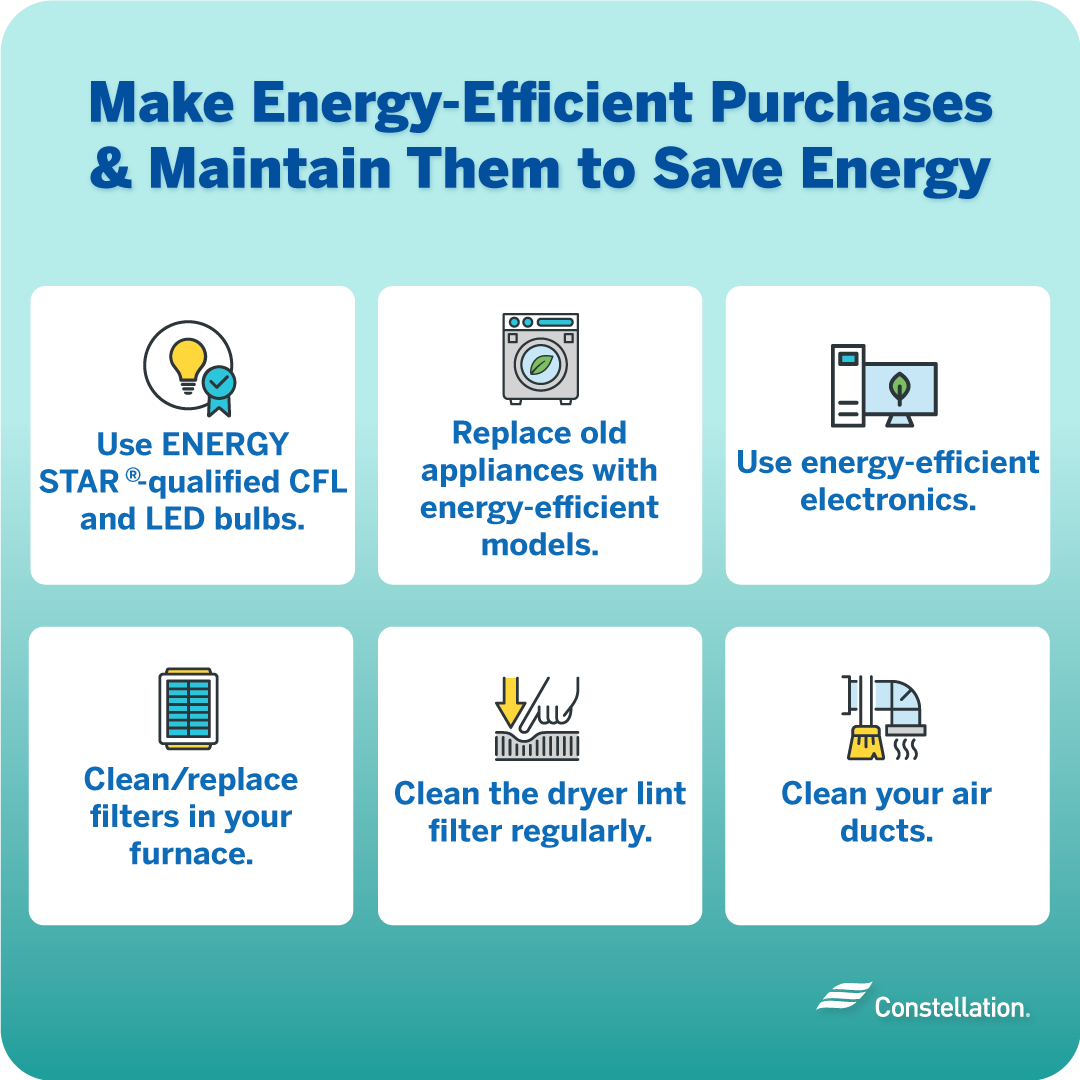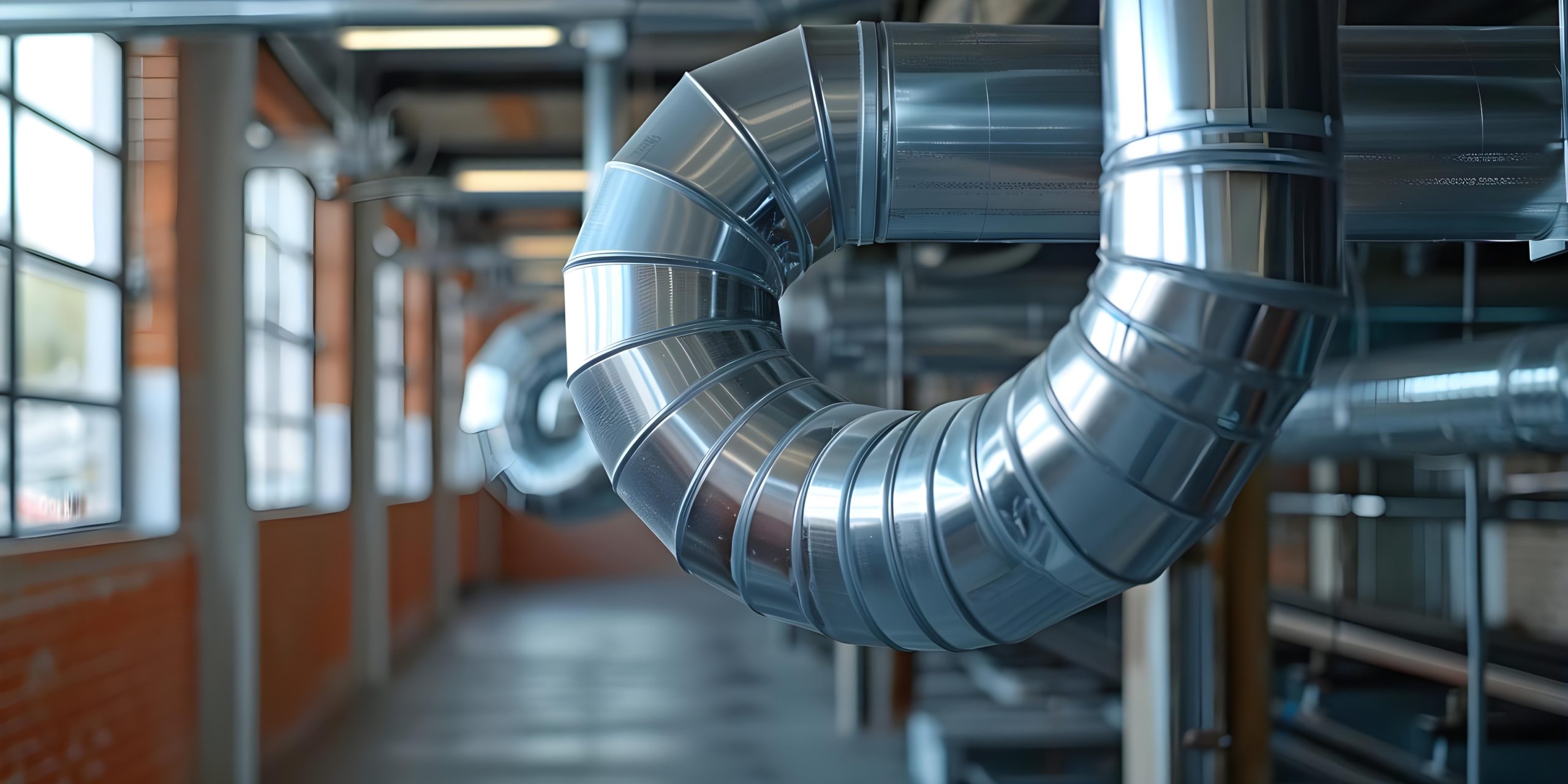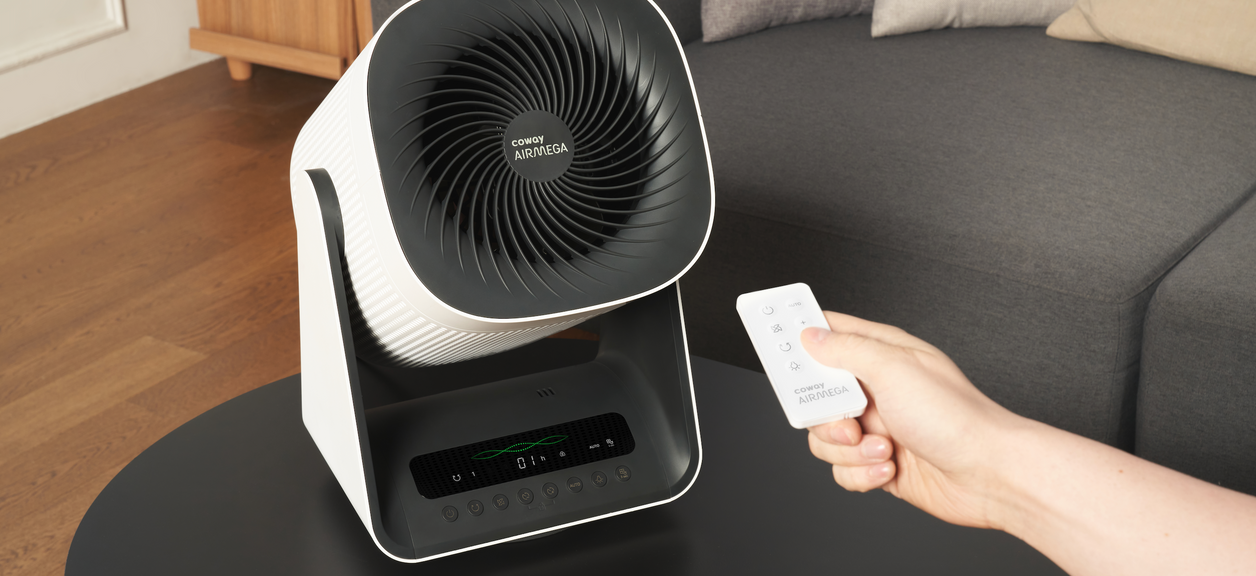Yes, cleaning an air purifier can improve its energy efficiency. A clean purifier works less to move air, using less energy.
This simple maintenance can lead to significant energy savings. Air purifiers are great at keeping indoor air clean. Over time, dust and particles build up in the filters and parts. This buildup can make the purifier work harder, using more energy.
Regular cleaning keeps the purifier running smoothly and efficiently. It also extends the purifier’s life. Keeping your air purifier clean ensures it operates at its best. By doing so, you not only save on energy but also maintain cleaner air in your home. In this blog, we will explore how to clean your air purifier and the benefits it offers.

Credit: blog.constellation.com
Introduction To Air Purifiers
Air purifiers are essential devices in many homes. They help improve indoor air quality. But can cleaning an air purifier improve its energy efficiency? Let’s explore this topic, starting with an introduction to air purifiers.
Importance Of Clean Air
Clean air is vital for good health. Polluted air can cause allergies and respiratory problems. It can also affect sleep and overall well-being. Air purifiers help remove pollutants from the air, making it safer to breathe.
Basic Functioning Of Air Purifiers
Air purifiers work by drawing in air from the room. They use filters to trap dust, pollen, and other particles. Some models also use UV light to kill bacteria and viruses. Clean air is then circulated back into the room.
Regular cleaning of the filters is important. Dirty filters can reduce the efficiency of the air purifier. This can lead to higher energy consumption. Clean filters ensure the purifier works efficiently, saving energy and costs.
Energy Efficiency In Air Purifiers
Energy Efficiency in Air Purifiers is crucial for reducing energy consumption and saving on electricity bills. Clean air purifiers work better and use less power. This means lower costs and a smaller carbon footprint. Let’s explore how energy efficiency plays a role in air purifiers and what factors affect it.
What Is Energy Efficiency?
Energy efficiency means using less energy to perform the same task. In the context of air purifiers, it refers to the device’s ability to clean air using minimal power. A more energy-efficient air purifier will filter the same amount of air as a less efficient one but with lower energy consumption.
Factors Affecting Efficiency
Several factors influence the energy efficiency of air purifiers. Understanding these can help you maintain your device for optimal performance.
- Filter Cleanliness: Dirty filters reduce airflow, making the purifier work harder and use more energy.
- Fan Speed: Higher fan speeds consume more power. Use the lowest setting that effectively cleans the air.
- Room Size: Using a purifier designed for larger spaces in a small room wastes energy. Choose the right size for your space.
- Maintenance: Regular cleaning and maintenance ensure the purifier runs efficiently.
- Technology: Modern air purifiers with energy-saving modes and smart sensors adjust settings automatically to save energy.
Keeping your air purifier clean and well-maintained can significantly improve its energy efficiency. By focusing on these factors, you can ensure your device operates optimally, providing clean air while reducing energy consumption.
Role Of Cleaning In Efficiency
Regular cleaning of an air purifier plays a vital role in its efficiency. Many people overlook this simple task. Yet, it greatly impacts the device’s performance and energy use. Let’s delve into how cleaning can enhance energy efficiency.
Impact Of Dust And Debris
Dust and debris clog the filters of an air purifier. This makes the machine work harder. The motor uses more energy to push air through dirty filters. This results in higher energy consumption.
Clogged filters also reduce airflow. Poor airflow means less effective air purification. The purifier runs longer to clean the same amount of air. This further increases energy use. Clean filters ensure smooth airflow and efficient operation.
Benefits Of Regular Cleaning
Regular cleaning keeps the air purifier in good shape. Clean filters and parts reduce strain on the motor. This leads to lower energy consumption. Your device works more efficiently and lasts longer.
Clean air purifiers also improve indoor air quality. They remove dust, allergens, and pollutants more effectively. You breathe cleaner air, and your purifier uses less energy. Regular maintenance saves money on energy bills. It also extends the life of your air purifier.
Steps To Clean An Air Purifier
Cleaning an air purifier is essential for maintaining its energy efficiency. Dust and debris can clog the filters, making the device work harder. This leads to higher energy consumption. Regular cleaning ensures the air purifier operates smoothly and effectively.
Follow these steps to clean your air purifier. It’s simple and can save you money on energy bills. Let’s get started.
Necessary Tools And Supplies
Before starting, gather these tools and supplies:
- Soft cloth or sponge
- Vacuum cleaner with brush attachment
- Water
- Mild detergent
- Soft brush
Having these items ready will make the process quicker and easier.
Step-by-step Cleaning Guide
1. Turn off and unplug the air purifier. Safety first.
2. Remove the outer cover and filters. Check the user manual if needed.
3. Use the vacuum cleaner with the brush attachment. Gently remove dust from the filters.
4. Wash the filters with water and mild detergent. Avoid using harsh chemicals.
5. Rinse the filters thoroughly. Make sure no soap remains.
6. Let the filters air dry completely. Do not use a dryer or heater.
7. Wipe the outer cover with a soft cloth or sponge. Ensure it’s clean and dry.
8. Reassemble the air purifier. Ensure all parts are in place.
9. Plug in and turn on the air purifier. Enjoy cleaner, more efficient air.
Maintaining Filters For Optimal Performance
Keeping your air purifier in top condition is essential. One key aspect is maintaining its filters. Clean filters ensure the purifier works efficiently. This can also improve its energy efficiency.
Types Of Filters
Different air purifiers use various types of filters. Some common ones include:
- HEPA Filters: These capture small particles like dust and pollen.
- Carbon Filters: These remove odors and gases from the air.
- Pre-Filters: These trap larger particles, extending the life of other filters.
Understanding the type of filter your purifier uses is important. It helps you maintain it properly.
Filter Replacement Schedule
Replacing filters regularly is crucial for optimal performance. Here’s a simple schedule to follow:
| Filter Type | Replacement Frequency |
|---|---|
| HEPA Filters | Every 6-12 months |
| Carbon Filters | Every 3-6 months |
| Pre-Filters | Every 3 months |
Follow the manufacturer’s guidelines for replacement. This ensures your air purifier remains effective.
In summary, maintaining filters is vital. It keeps your air purifier running smoothly. It also helps in saving energy.
Additional Maintenance Tips
Keeping your air purifier clean is just one step. Proper maintenance can extend its life and improve energy efficiency. Here are some additional tips to keep your air purifier in top shape.
Checking For Wear And Tear
Regularly inspect your air purifier for signs of wear and tear. Look for cracks, frayed cords, or any unusual noises. If you notice any damage, address it immediately. This can prevent bigger problems and ensure your purifier works efficiently.
Replace filters as needed. Most air purifiers have an indicator that tells you when to change the filter. A clogged filter makes the purifier work harder, using more energy. Make sure to follow the manufacturer’s guidelines for filter replacement.
Proper Storage Techniques
Proper storage can also affect your air purifier’s performance. If you need to store it, clean it thoroughly first. Remove the filter and store it separately, if possible. This prevents dust and dirt from settling inside.
Store the air purifier in a cool, dry place. Avoid areas with extreme temperatures or humidity. This protects the internal components and keeps your purifier ready for use when you need it.
| Maintenance Task | Frequency |
|---|---|
| Inspect for wear and tear | Monthly |
| Replace filters | As needed |
| Clean before storage | Before each storage |
| Store in a cool, dry place | When not in use |
Following these tips can help your air purifier run efficiently. This not only saves energy but also ensures cleaner air in your home.
Common Mistakes To Avoid
Cleaning an air purifier can boost its efficiency. But, many people make mistakes during the process. Avoiding these mistakes can help your air purifier run smoothly and save energy.
Overlooking Filter Maintenance
One common mistake is neglecting the filter. The filter traps dust and pollutants. Over time, it gets clogged. A clogged filter forces the air purifier to work harder. This uses more energy and reduces efficiency. Check and clean or replace the filter regularly.
Using Harsh Chemicals
Another mistake is using harsh chemicals for cleaning. Strong chemicals can damage the air purifier. They can also leave harmful residues. These residues can affect air quality. Use mild soap and water instead. Follow the manufacturer’s instructions for cleaning.

Credit: www.facebook.com
Conclusion And Recommendations
Maintaining your air purifier is essential for better performance and energy efficiency. Cleaning the unit regularly can save energy and extend the device’s lifespan. Let’s explore the key points and long-term benefits of keeping your air purifier clean.
Summarizing Key Points
A clean air purifier works more efficiently. Dust and dirt clog filters and reduce airflow. This makes the motor work harder, using more energy. Regular cleaning keeps the filters and internal parts clear.
Energy savings result from an efficient air purifier. Lower energy use means lower electricity bills. Clean filters also reduce wear and tear on the unit.
Long-term Benefits Of Regular Cleaning
Regular maintenance extends the life of your air purifier. Clean filters and parts experience less strain. This means fewer repairs and replacements over time.
Improved air quality is another benefit. Clean filters capture more pollutants, providing cleaner air for you and your family. This can lead to better health and fewer allergies.
In short, keeping your air purifier clean is a simple yet effective way to save energy and money while enjoying fresh, clean air.

Credit: rensair.com
Frequently Asked Questions
Can Cleaning An Air Purifier Save Energy?
Yes, cleaning an air purifier can save energy. A clean purifier works more efficiently, using less power. This leads to lower energy bills.
How Often Should I Clean My Air Purifier?
Clean your air purifier every month. Regular maintenance ensures it operates efficiently. This helps in maintaining its energy efficiency.
What Parts Of An Air Purifier Need Cleaning?
Clean the filters and exterior. The filters trap dust and particles. The exterior can gather dust, impacting performance.
Does A Dirty Air Purifier Use More Electricity?
Yes, a dirty air purifier uses more electricity. It works harder to clean air, increasing energy consumption.
Conclusion
Regular cleaning of an air purifier can boost its energy efficiency. It helps remove dust and debris, allowing the device to work better. Clean filters ensure better air flow, reducing energy consumption. This simple maintenance step can lead to savings on your energy bills.
It also extends the life of your air purifier. So, don’t skip the cleaning. Your air purifier will thank you, and so will your wallet. Clean air, better efficiency, and cost savings make it worthwhile.
Rakib Sarwar is a Registered Pharmacist and a reputed health and wellness blogger. He has a great interest in Air purifiers.
